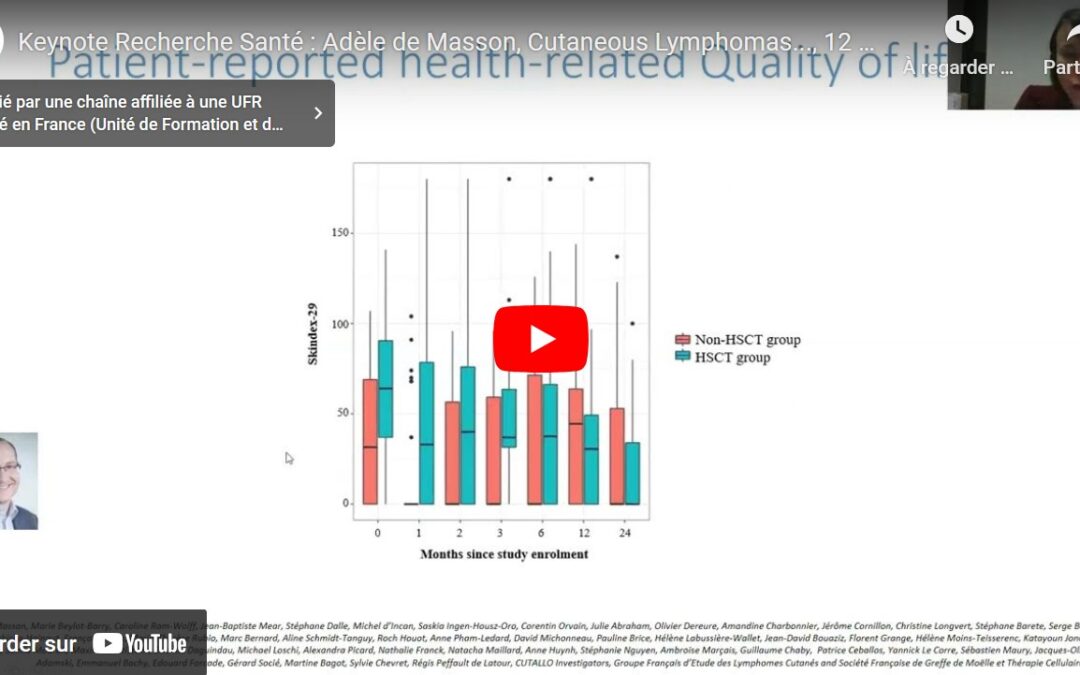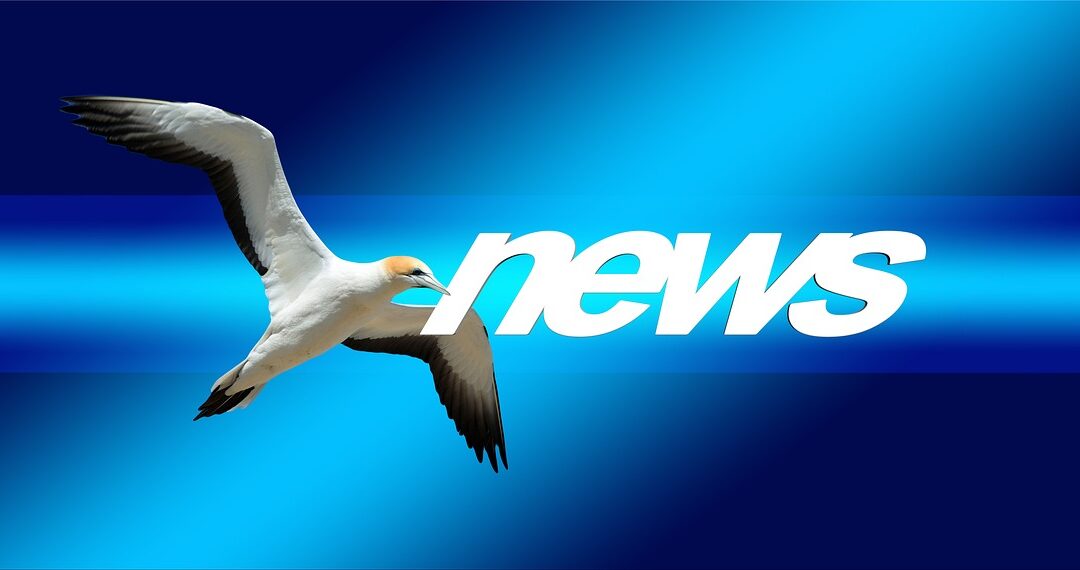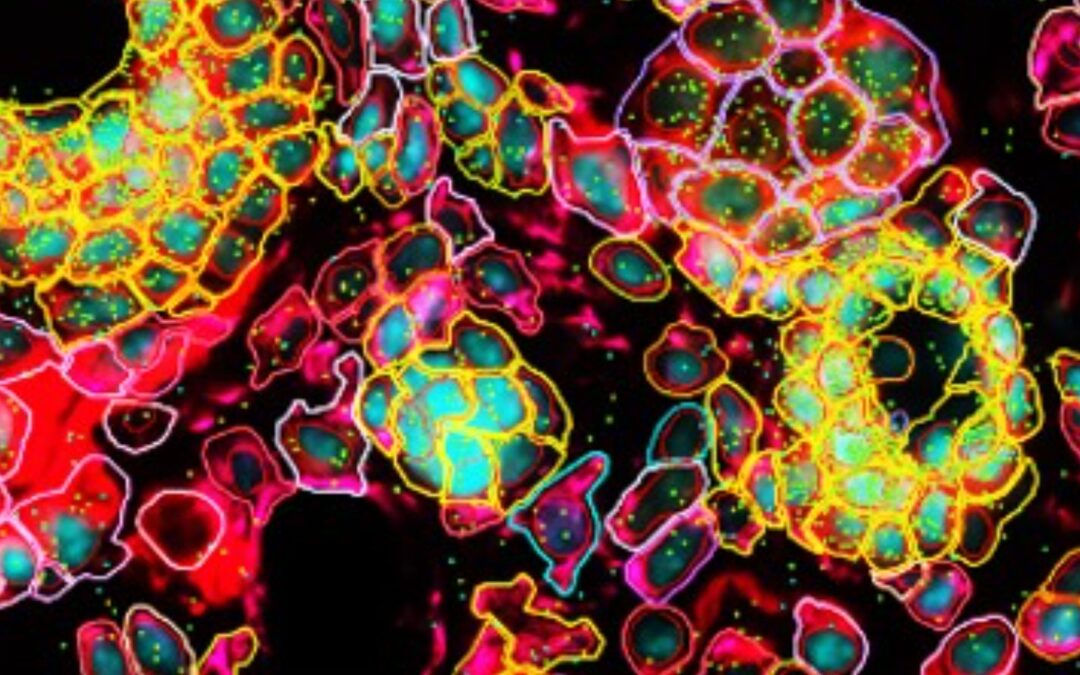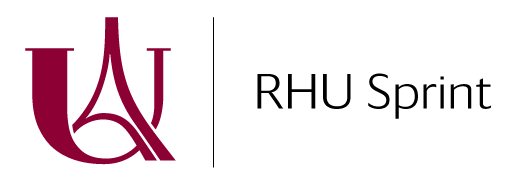Our expertise in pre-clinical and clinical research
Our consortium has complementary interdisciplinary expertise covering dermatology, haematology, immuno-oncology, pathology, molecular biology, drug discovery & development and AI.

© Hands, stone sculpture. Credits : PIXABAY.
The RHU SPRINT consortium includes world-renowned academic players: UPCité, Inserm, Hospices Civils de Lyon, AP-HP, CHU Bordeaux, two highly innovative companies in their respective fields (Domain Therapeutics, TheraPanacea), as well as being supported by the European reference network for rare haematological diseases (EuroBloodNet) and the ELLyE patient association. In addition, our ambitious effort is fully supported by the GFELC (Groupe d’étude des lymphomes cutanés), a reference network certified by the French National Cancer Institute (INCa), leveraging a national tissue bank already consisting of around 20,000 cases over 24 years, with central review of pathology samples and clinical annotations.
Medical environment
This ambitious initiative is supported by the Groupe d’étude des lymphomes cutanés (GFELC), a national network of 42 centres of reference approved by the Institut français du cancer (INCa) and coordinated by the Hôpital Saint-Louis. GFELC members are leading international clinical sites in this field, as evidenced by more than 80 articles on CTCLs, notably in Lancet, Blood, Leukemia or Lancet Oncology.
Our network has treated more than 300 patients with cutaneous T-cell lymphomas using monoclonal antibodies (mAbs), and includes centres that are recruiting large numbers of patients for international clinical trials. The database includes around 20,000 centrally reviewed cases. Recruitment capabilities consist in Work Package 1 (WP1) of samples for AI-based progression modelling, in Work Package 4 (WP4) of samples for the predictive biomarker of disease response to mAbs, and in WP6 of a panel of patients eligible for the phase 1 clinical trial.
The clinical sites in the consortium are active members of the Cutaneous Lymphoma International Consortium (CLIC), the Cutaneous Lymphoma Tumor Group of the EORTC, the International Society of Cutaneous Lymphomas and the European reference network EuroBloodNet. The CLIC is a recent and ambitious project that has enabled the deployment of an international database and a biothèque of CTCL cases, offering tremendous opportunities for collaborative research projects. The GFELC has complementary strengths, in particular its unique asset of 20,000 centrally reviewed cases and its 24 years of existence, which enables long-term follow-up. The centres’ participation in CLIC will provide an opportunity to validate and disseminate the results.
Scientific environment
The consortium has expertise in dermatology, haematology, immuno-oncology, histopathology, genetics, molecular biology, drug discovery and artificial intelligence. We have solid experience in the identification of new therapeutic targets and drug development in CTCL, as demonstrated by the identification by this team, under the direction of Professor Martine BAGOT, of the tumour cell surface marker KIR3DL2, which led to the promotion of a phase I clinical trial on the anti-KIR3DL2 mAb lacutamab16 and to an international phase II study almost completed in CTCL and underway in PTCL (NCT03902184).
UMRS 976 & 955 recently filed 7 new European patent applications in the field of therapeutic targets in T-cell lymphomas. UMRS955 (P. GAULARD/N. ORTONNE) is internationally recognised in the field of T-cell lymphomas.
The UMRS1312 unit (M. BEYLOT-BARRY team) has developed innovative preclinical models of CTCL-PDX with long-term expansion of Sézary cells, and multiplexed immunofluorescence imaging to characterise the tumour microenvironment (A. PHAM-LEDARD).
This team is closely linked to the Bordeaux University Hospital with the dermatology (M. BEYLOT-BARRY), biopathology (B. VERGIER & F. BELTZUNG) and tumour bank (JP. MERLIO) departments, which have extensive expertise in CTCL. Prof. MOINS-TEISSERENC (UMRS 1160) is a benchmark in flow cytometry analysis of CTCLs, currently coordinating a national multicentre prospective study on this subject (KISS-02, PHRC-K2021), with the CytHem Sezary network (CytHem-SEZARY – CytHem), and collaborating on the EuroFlow consortium. This expertise is recognised within the EuroBloodNet European reference network for rare haematological diseases.
Socio-economic environment
Over the past decade, the GFELC has benefited from significant institutional and academic support. The GFELC receives recurrent funding from the French Cancer Institute to cover operating costs, including a full-time clinical research assistant, an IT specialist and a coordinating doctor.
The Ministry of Health has awarded the group 5 funded projects, and funding also comes from strong industrial collaborations with pharmaceutical companies. TheraPanacea is an award-winning Class II.B medical technology company whose core expertise lies in the use of advanced mathematical models, machine learning and AI for the discovery of biomarkers targeting treatment delivery and prognosis in oncology and beyond. Its solutions are now present on five continents, in more than 100 hospitals worldwide, and are expected to contribute to the treatment of more than 150,000 cancer patients worldwide by 2023. TheraPanacea’s experience in biomarker discovery, medical image analysis and the successful implementation of AI-based algorithms in the clinical workflow will be a major asset for the execution of the SPRINT project.
Domain Therapeutics stands out as a world leader in the discovery and development of innovative immunotherapies targeting G protein-coupled receptors (GPCRs). Thanks to its pioneering expertise and unrivalled precision, Domain has developed a pipeline of drug candidates with unique properties. These innovations open up new therapeutic perspectives by specifically targeting the immunosuppression often responsible for treatment failure in patients.
Domain is the only company to have discovered drug candidates targeting four key GPCRs in immuno-oncology: the adenosine receptor (A2a/A2b antagonist programme developed in collaboration with Merck), the prostaglandin receptor (EP4R antagonist programme currently in phase I), the chemokine CCR8 and PAR2 (two preclinical programmes at IND stage).
The RHU SPRINT consortium will play a crucial role in the advancement of Domain’s DT-7012 monoclonal antibody (mAb), scheduled to enter the clinic in 2025. Domain Therapeutics will thus be the first to market an anti-CCR8 antibody that depletes tumour-infiltrating regulatory T cells (Tregs) for the treatment of Cutaneous T Cell Lymphoma (CTCL).
Read more

Pr Adele de MASSON on Cutaneous Lymphomas, November 12, 2024 Keynote
The Faculty of Health's Research and Innovation Unit organises monthly online Keynotes on cutting-edge research topics. Here is the video recording of the 12 November 2024 Keynote by Pr Adèle de Masson on the subject of Cutaneous Lymphomas: unraveling the mechanisms...

RHU SPRINT Newsletter N°1
Download RHU SPRINT Newsletter N°1 below (in French) : Newsletter-RHU-Sept2024

RHU SPRINT kick-off meeting
The kick-off meeting for the RHU SPRINT hospital-university research project, Synergy to accelerate therapeutic innovation in cutaneous T lymphoma, took place on Monday, May 27, 2024. RHU SPRINT Kick-Off The meeting was held at the Faculté de Villemin, in the presence...
